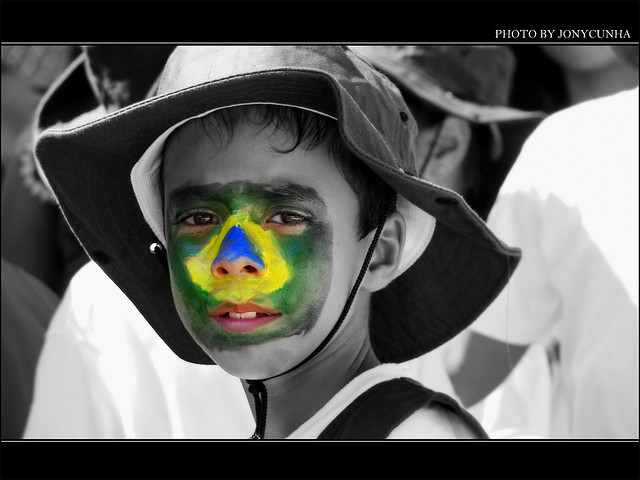Towering tech figures are hailing Brazil’s passage of an “Internet Constitution” for blazing the trail for net neutrality and protection from government surveillance.
But before the Internet community bronzes a statue of a new white knight for civil liberties, it may do well to remember that Brazil has a funny relationship with the free speech.
Not only has the country previously been near the top of the international list for most requests of user data on Google’s censorship report. They also once arrested the president of Google’s Brazil branch over his refusal to remove YouTube videos that were critical of government officials.
In an honest attempt to avoid the typical political mud-slinging, Brazil has passed aggressive legislation restricting coverage of candidates around elections and the censorship of material deemed politically offensive.
The “prohibition of any content that ridicules or could offend a candidate directly impacted freedom of online expression,” explains the Freedom of the Net report on Brazil’s mixed score of free speech.
Brazil’s pendular rights record should give some texture to the otherwise intriguing path towards greater privacy.
This week, Brazil’s senate unanimously approved that limits government surveillance (the collection of citizens’ metadata) and maintains its commitment to net neutrality, despite fierce opposition from telecommunications companies.
“The Web has now become an essential public utility, and we have to regard it as such,” said World Wide Web inventor, Tim Berners-Lee, who applauded the efforts. “The explosive growth that happened across the web in the last 25 years only happened because of net neutrality.”
Representative Darrell Issa has proposed his own version of an Internet “bill of rights” for Americans, but its far from passing in today’s partisan Congress. In this regard, Brazil is a leader in some digital civil liberties.
On the other hand, at least as of 2013, Brazil is second only to the United States in content take-down requests — even more than autocratic Turkey (438 vs. 237 vs. 184 requests).
In 2012, a Brazil judge ordered the arrest of Google’s Fabio Coelho after the latter refused to remove a YouTube video critical of a mayoral candidate. In 2010, a Brazil court fined Google for refusing to block dirty jokes on social network site Orkut.
Of course, nobody is perfect. And, it shouldn’t detract anyone from applauding other aspects of Brazil law that are worthy of adoption. But, let us not forget about the obligation to pressure a government to improve in between claps of unquestioning approval.
Disclosure of bias: I love Brazil. I am mildly addicted to their native acrobatic martial, Capoeria (video below)
VentureBeat's mission is to be a digital town square for technical decision-makers to gain knowledge about transformative enterprise technology and transact. Learn More

